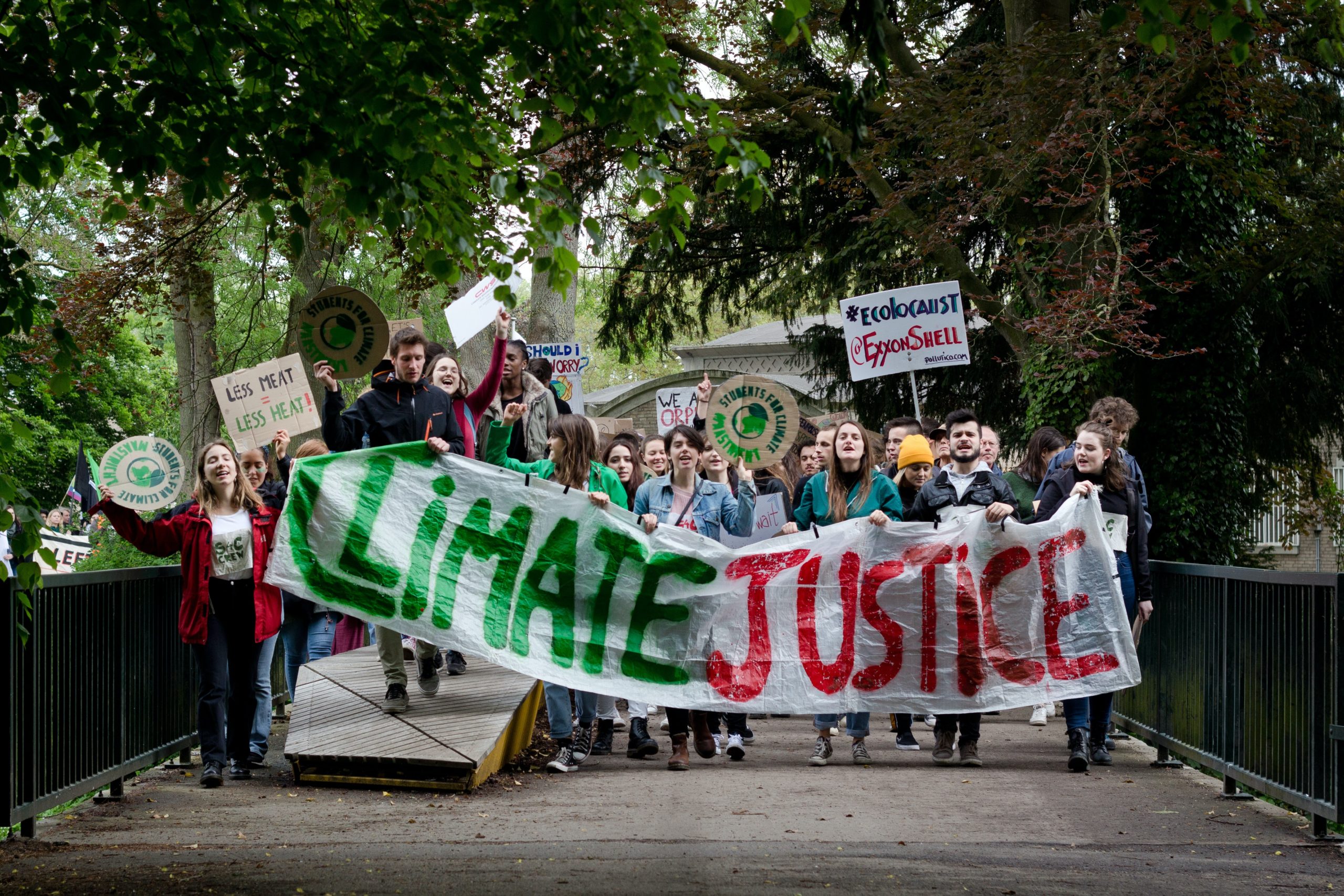

Beware of the many shapes of environmental activism that will likely reshape your strategy
Are you an ‘activist’? The term is taking on new meanings, particularly when it comes to climate. The act of activism is no longer associated only to environmental groups blocking or pouring paint over the entrances of financial institutions. The founder of an accounting think-tank, Andrew Watson of Rethinking Capital, describes its own one-man online protest against the ‘big four’ consultancy firms as such an act, as he demands for intangible assets and liabilities related to the environment to be better recognised in company audits.
Activism will likely continue to come in different shapes and forms. It is also something that financial institutions will likely continue to face, with pressure coming from within the finance and investment community.
A recent survey of 100 large listed US firms found that investor activism was sharply on the rise and that, after the initial shocks of the Covid-19 pandemic, much of it now relates to environmental, social and governance (ESG) factors.
Carried out by law firm Shearman and Sterling, the research shows that while the number of investor environmental and social proposals is similar to previous years, they have gained far larger support among all shareholders in 2021: 42.3 per cent for environmental and 53.8 per cent for social proposals that were to be discussed in meetings scheduled between January and December 2021 and where the proposal had to be filed by the end of August. Those percentages compare with 31.3 per cent and 41.8 per cent, respectively, for 2020.
Furthermore, about 38 per cent of environmental proposals that were up for a vote received a majority support from shareholders this year, compared to 21 per cent a year earlier – and none in 2019. In addition, the research concludes that companies which are ESG laggards, as well as financial underperformers, will likely be the target of further campaigns. For some, the former leads to the latter. For others, intervention is warranted purely on environmental grounds.
The relatively small hedge fund, Bluebell Capital Partners, for example, which the Financial Times reported running $70m in assets this March, created a ‘one share ESG campaign’ where the firm seeks to purchase just one share in companies that it believes have poor ESG practices. Its first target was Belgian chemical group Solvay, in 2020, because of the discharging of untreated waste from its Italian soda ash factory directly into the sea. Solvay said this does not breach rules, but the controversy escalated and Bluebell is now publicly calling to oust the CEO. When Bluebell initiated such a move, this time purely over financial performance, at French group Danone, it got its way.
Another London-based hedge fund, The Children’s Investment Fund, convinced more than 20 companies, including Royal Dutch Shell, Unilever and Rio Tinto, to allow shareholders to have a regular say on climate plans, through its ‘Say on Climate’ campaign.
And more notably, as the Shearman and Sterling survey also indicates, is the successful campaign of an ESG activist fund, Engine No 1, to push oil producer ExxonMobil towards a low-carbon transition.
Even active funds that engage over ESG factors may arguably be considered activist. Though asset manager Man Group would not describe itself as an activist investor, it mounted a revolt against HSBC earlier this year over the bank’s fossil fuel financing. As part of an investor coalition worth $2.4tn, its action resulted in new climate change plans at the bank.
Man Group’s chief investment officer for ESG, Rob Furdak, says that the firm does not seek to have a seat on boards and engage in “high profile fight[s] with management”, and that, generally, it does not take significant holdings in companies for the sole purpose of trying to change them. But engagement is naturally a big part of an active investment strategy, and ESG is increasingly at the centre of that strategy. “Our view is that if you have a company that’s well run and cares about stakeholders then we think that that’s a good company,” says Furdak.
Whether high-profile and public, or behind the closed doors of a boardroom, investors will play an increasingly important role in stirring corporate plans – and those of their lenders. Financial institutions’ ESG commitments will likely receive closer scrutiny.
Similar Articles

G7 leaders need to show climate clarity

How CBAMs can reduce emissions without causing geopolitical strife


